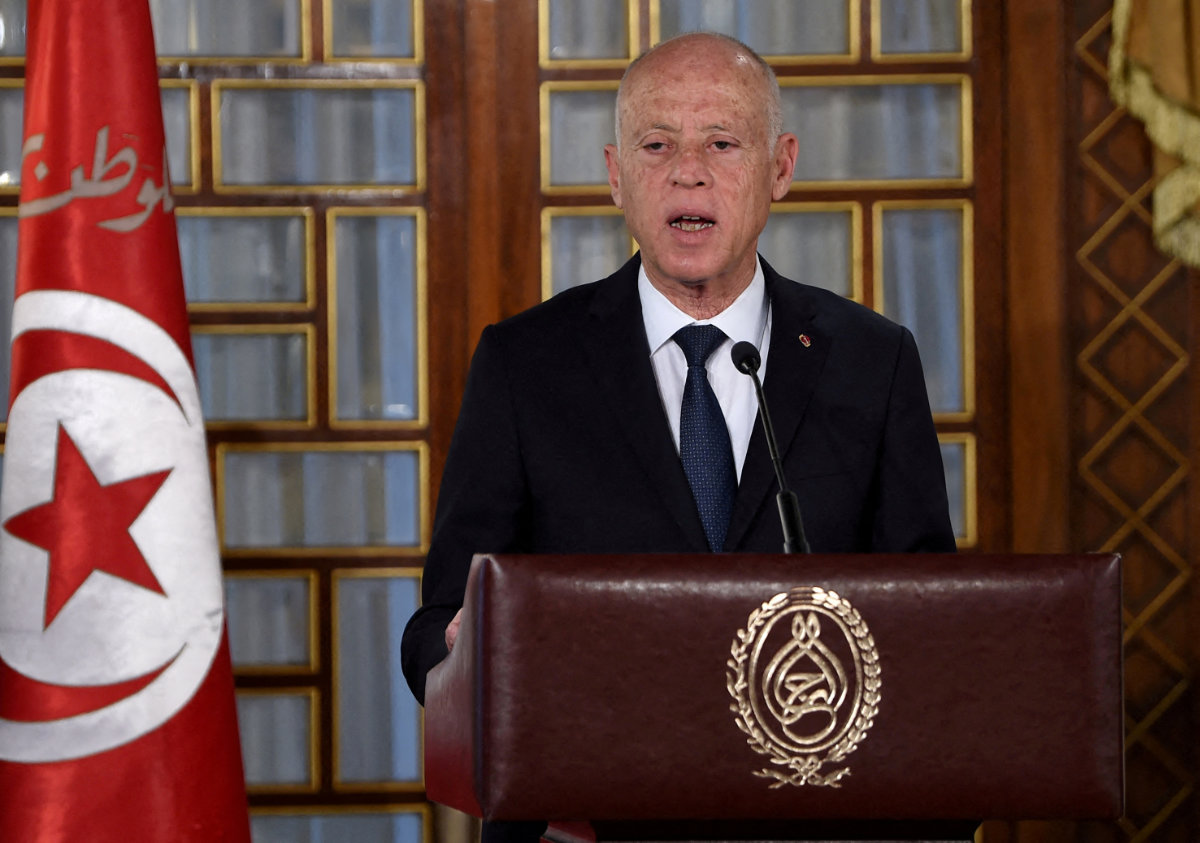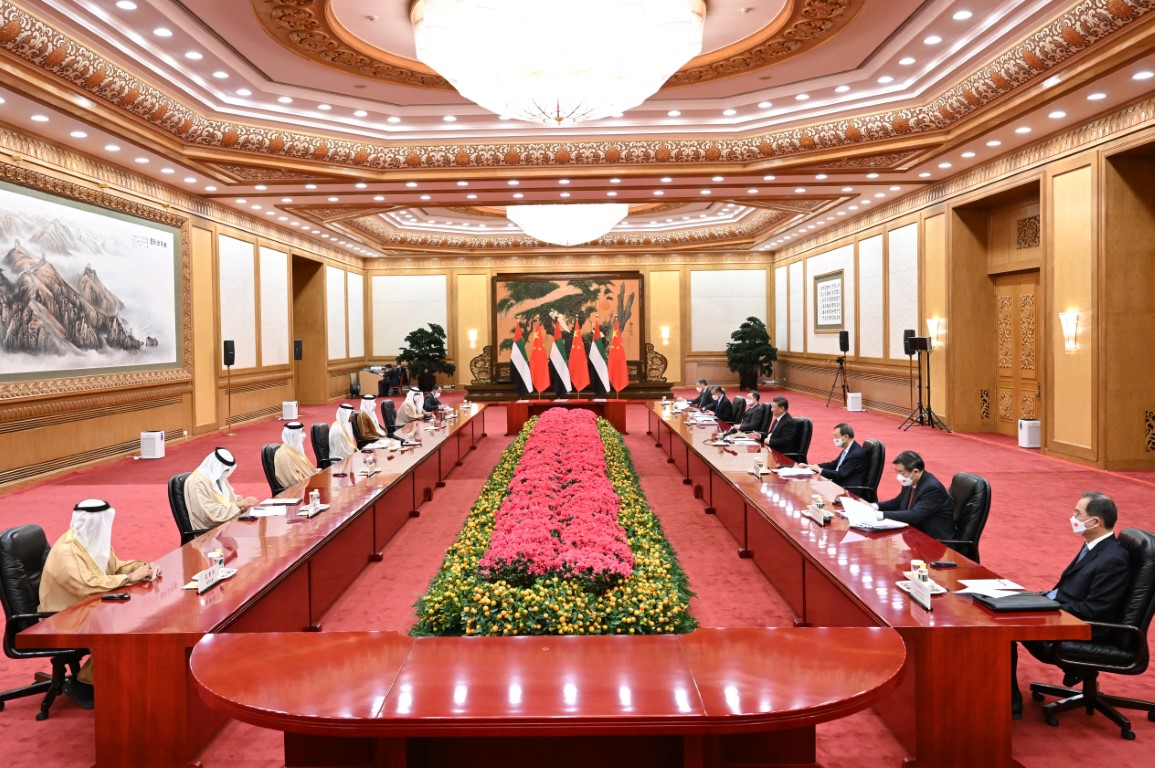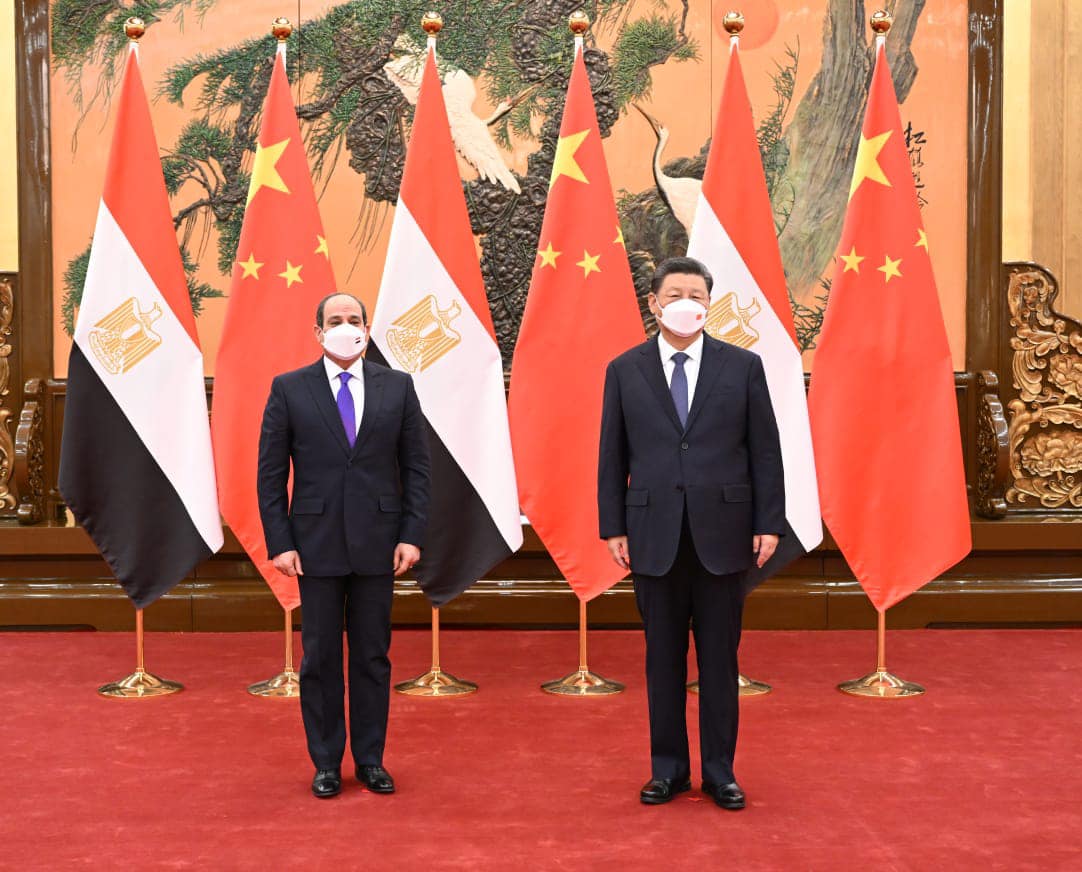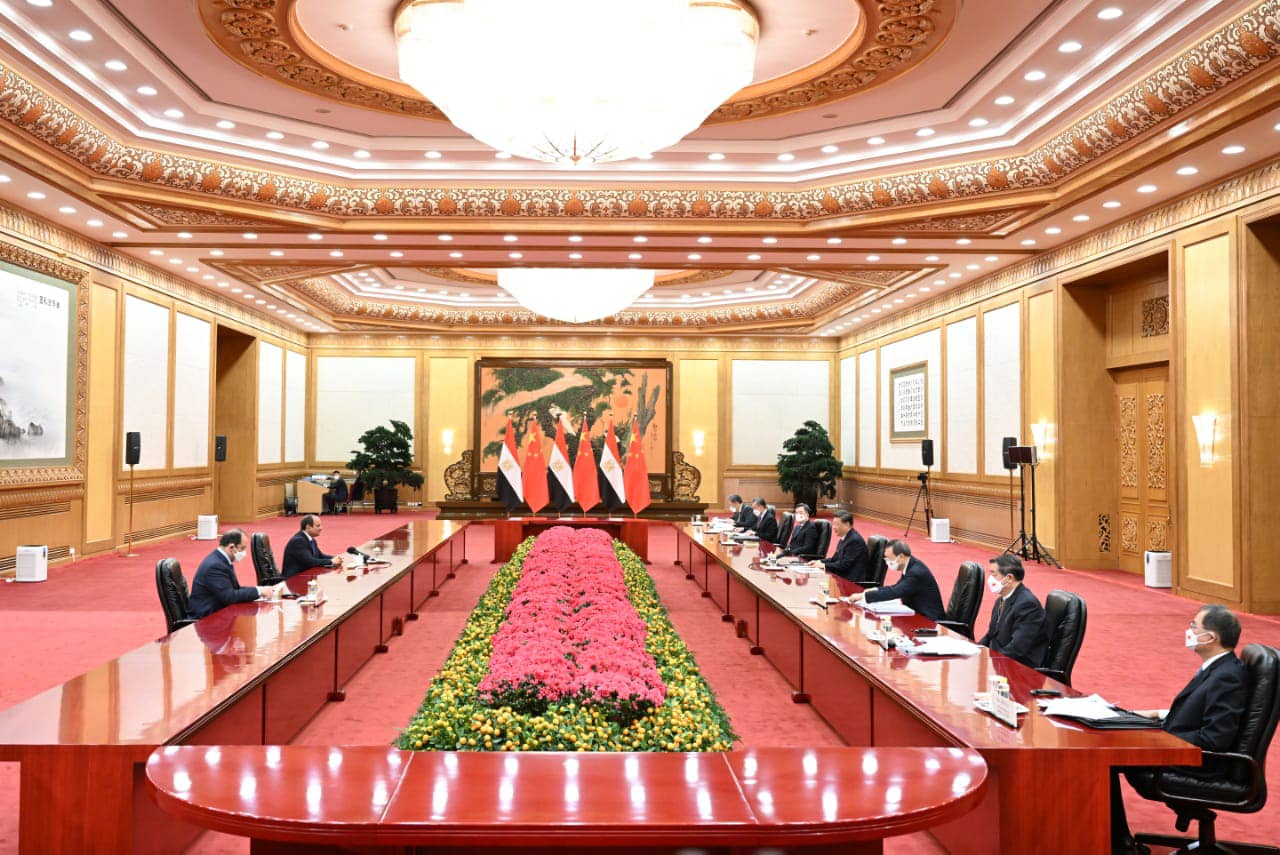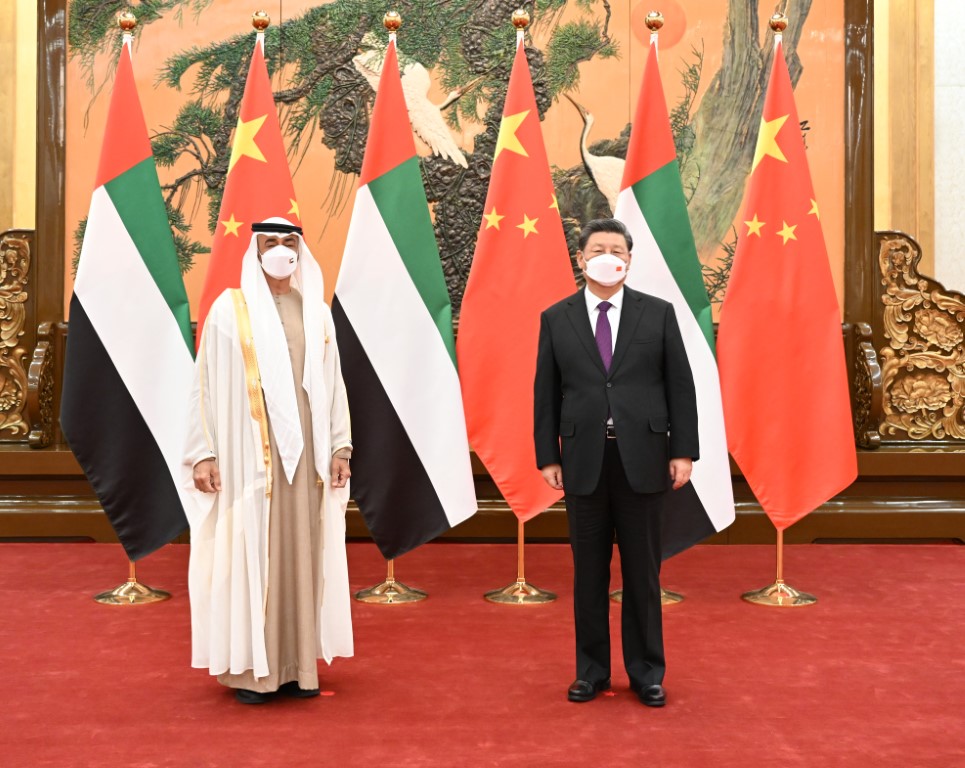Survey shows negative attitudes among Turks towards Syrians on the rise
ANKARA: A new survey published by Turkey’s Social Democracy Foundation, known as SODEV, reveals negative feelings toward Syrian refugees in Turkey are on the rise.
Turkey, home to 3.7 million registered refugees from war-torn Syria, the world’s largest refugee population, has seen tensions in recent months between locals and Syrians, mostly driven by domestic politics and economic difficulties.
According to the SODEV survey, 66 percent of respondents think Syrians should return to their homeland, with this sentiment higher among voters of opposition parties.
More than half of those voters prefer the repatriation of Syrians, with this rate at about 42 percent among voters of the ruling Justice and Development Party.
Turkish respondents broadly describe Syrians negatively, with 45 percent thinking that Syrian refugees are dangerous people who could pose challenges in the future.
Forty-one percent of respondents consider them as a burden on society, and more than 70 percent of respondents said they were not “clean, trustworthy and polite,” while 57 percent believe that Syrians are not hardworking.
Across the country, 55 percent of people preferred not to have a Syrian neighbor, and about 65 percent said they would not marry, or allow their children to marry, a Syrian.
Half of respondents said they would be disturbed if Syrians went to the same school as their children, with 70 percent adding they only communicate with Syrians when they are obliged to.
However, half of the respondents said they have not faced any concrete problems with Syrians in their daily lives, and 77 percent said Syrian refugees had not harmed them in the past five years.
Omar Kadkoy, a migration policy analyst at Ankara-based think tank TEPAV, told Arab News: “In the last 11 years, and especially after 2016, the (Turkish) government prioritized project-based activities to induce and safeguard social cohesion over a strategy of integration.”
According to Kadkoy, the majority of Syrians and Turks live in parallel worlds, and populist politicians exploit this gap and enlarge it with misinformation and hate speech.
The survey also sheds light on the public perception about the ongoing financial help that has been extended to the refugee community in Turkey.
Half of the respondents think the Turkish state should provide humanitarian assistance only to Syrians in urgent need, while 70 percent think that Turkey has already helped Syrians more than enough.
With a debit card practice in force over the past six years, the EU supports one third of the vulnerable refugee population in Turkey to cover their basic needs each month.
So far, Brussels distributed over €4 billion ($4.579 billion) to NGOs and international aid groups working to improve the situation of refugees in Turkey.
Last year, the EU contributed an additional €3 billion to be used in refugee-focused projects until 2023.
Having repeatedly called on the EU share the burden, Turkey has spent more than €40 billion on refugees.
It has not solely been a story of deprivation, however; Syrians have established more than 10,000 companies in Turkey, some with the knowhow provided by EU-funded projects.
The companies are mostly active in the wholesale, real estate, hospitality, construction and manufacturing sectors.
Although these initiatives help sustain them and avoid being dependent on state aid, 67 percent of respondents are against the opening of Syrian businesses in Turkey, claiming that these companies do not pay taxes or trigger more unemployment in Turkey.
“This is largely driven by refusing (to accept) Syrians as members of the overall community,” Kadkoy said.
“Although there are informal businesses and the ones who run (them) are both Turks and Syrians, there are close to 10,000 companies registered with the Turkish chambers whose owners invested 2.1 billion lira ($154 million) to set up companies across Turkey, and they have created inclusive job opportunities,” he added.
However, about half of respondents said they would avoid shopping from a Syrian company; 82 percent of Turks think Syrians do not contribute to the Turkish economy, and 85 percent say they do not add to Turkey’s social fabric. Eighty percent think it would be impossible to live with Syrians peacefully.
Respondents expect that crime rates will increase, internal conflicts be exacerbated, that the economy will be weakened, and moral values will be harmed if Syrians stay longer in Turkey.
Ertan Aksoy, president of SODEV, said Turks consider the increased number of Syrian companies as a sign of permanence.
“They consider the presence of Syrians as a moral obligation, and accept the humanitarian assistance as long as they need it and in a restricted way,” he told Arab News.
According to Aksoy, ongoing prejudice against Syrian refugees is mainly motivated by the decreased purchasing power among Turkish citizens due to high inflation rates.
“As long as people struggle to earn a living, they start considering refugees as a scapegoat to blame (for) their daily economic problems,” he said.
“In addition to this, the influx of Afghan refugees following the Taliban takeover escalated social frustration,” added Aksoy.
“Rather than using the refugee card for domestic consumption and translating it into vote potential, opposition parties are mainly using a responsible rhetoric these days, apart from some breakaway figures.”
Experts also note that Turks from a lower socio-economic status are much more tolerant of Syrian refugees, though they have to share the job market with them.
“However, those who benefit from cheap labor of refugees, for instance the owners of factories, take a critical stance … when we survey them,” Aksoy said.
In the meantime, Turkish authorities recently found the bodies of 12 migrants who froze to death near Greece, blaming the tragedy on Greek guards sending them back across the border without shoes and clothes — allegations that were dismissed by Athens as “false propaganda.”
According to the official statistics on the readmission of migrants, Turkey took back 2,300 Syrians from the Greek islands as part of the readmission agreement.

Turkey to open $45m hospital for Syrian refugees with help from EUSyrian refugees stranded in Gaza ‘prison’ for a decade


